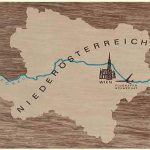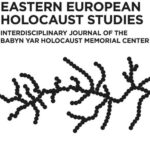Adeline Moussion (Web), Emma Yapp, and Rhian Keyse (Web) (London)
Proposals by: 16.05.2022
The editors are seeking to commission chapters for an edited collection on the role of medical professionals in debates about sexual violence, to be submitted to Palgrave Macmillan’s peer-reviewed Sex and Sexualities Series. They have already received proposals for contributions from a range of scholars, however are particularly interested in commissioning work from scholars working on the Global South, to ensure that the collection has breadth as well as depth of coverage.
This interdisciplinary collection explores the role of medical professionals in debates about sexual violence. Police doctors and forensic medical examiners, GPs, gynaecologists, surgeons, nurses, midwives, prison surgeons, psychiatrists, and therapists working in all forms of institutional and community settings have been influential agents in the interpretation, medicalisation, and adjudication of sexual attacks. This is an important time to investigate the relationship between medical professionals and sexual violence. Scandals around medical and psychiatric responses to sexual abuse emerge on a regular basis (viz. Nauru detention camp; the abuse of people in psychiatric wards, prison, and detention camps; failures to send the biological samples from ‚rape kits‘ for forensic examination; complaints about medical examinations; popular anxieties about the medical treatment and rehabilitation of violent offenders).
The editors invite submissions from scholars working on the Global South, and from any humanities/arts/social science discipline (e.g. history, sociology, law, philosophy, medical humanities, anthropology, art and visual culture.). The emphasis is on any period from the late 18th century to the present. They welcome proposals from graduate researchers and early career scholars as well as those more established in their field. Co-written submissions are welcome.
Areas of interest include, but are not limited to:
- The role of medicine and psychiatry in understanding, interpreting, facilitating, treating, prosecuting, and preventing sexual violence.
- Medical jurisprudence and forensic medicine in relation to sexual violence.
- The training of medical professionals in how to respond to people reporting sexual assault.
- Psychiatric classifications of perpetrators of sexual violence. Continue reading







 Eastern European Holocaust Studies
Eastern European Holocaust Studies